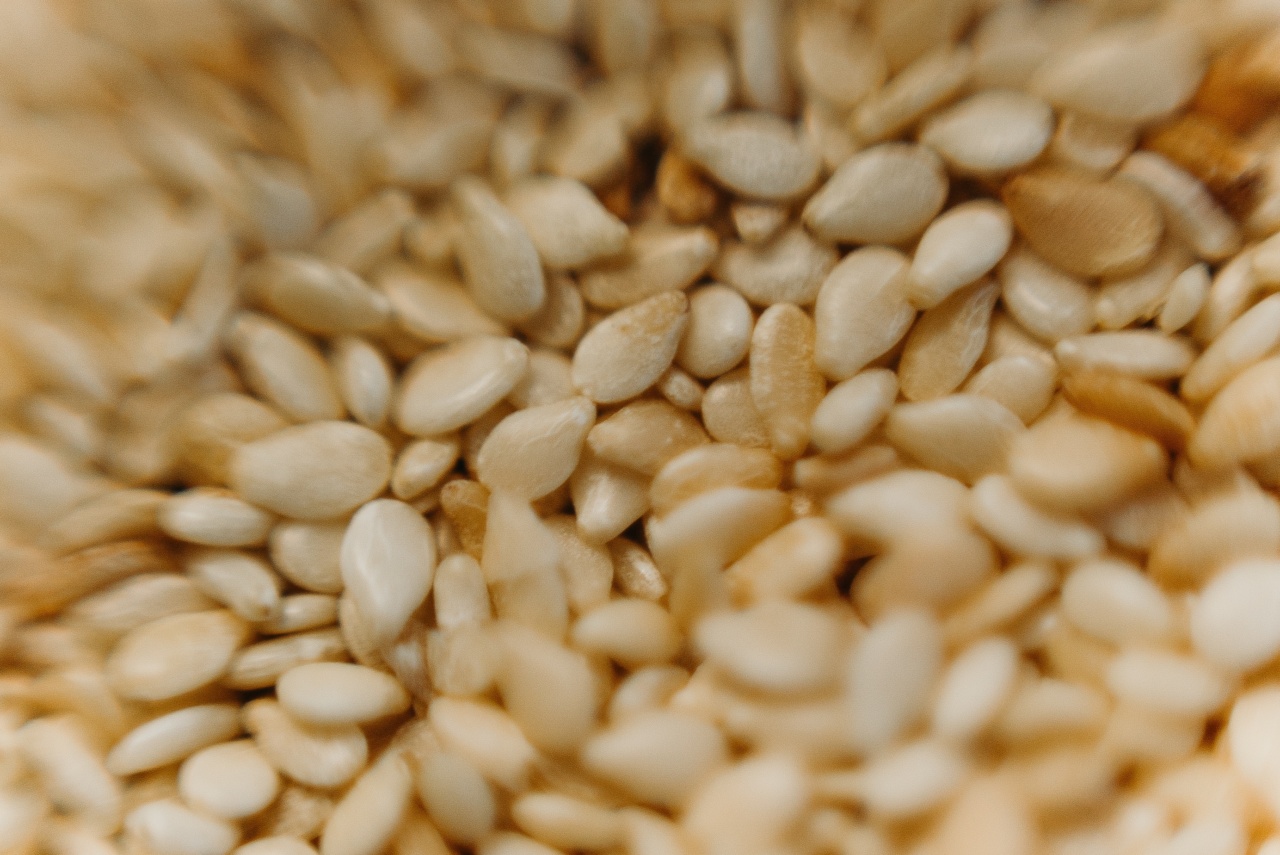When it comes to maintaining a healthy lifestyle, diet plays a critical role. One essential component of a balanced diet is consuming whole grains. Whole grains are grains that contain the entire grain kernel – the bran, germ, and endosperm.
Examples of whole grains include whole wheat, oats, brown rice, quinoa, and barley. Unlike processed grains, such as white flour and white rice, which have had the bran and germ removed, whole grains provide numerous long-term health benefits.
1. High in Nutrients
Whole grains are rich in essential nutrients, including fiber, vitamins, minerals, and antioxidants. These nutrients are often lost during the refining process, making whole grains a much healthier option.
For instance, whole wheat contains fiber, magnesium, manganese, and B vitamins, all of which are crucial for various bodily functions, such as energy production, bone health, and immune system support.
2. Promotes Heart Health
A diet rich in whole grains has been linked to a reduced risk of heart disease. The fiber present in whole grains helps lower cholesterol levels by binding to cholesterol and preventing its absorption into the bloodstream.
Additionally, whole grains contain antioxidants and phytochemicals that protect against heart disease and inflammation.
3. Aids in Weight Management
Incorporating whole grains into your diet can assist with weight management. Whole grains are more filling than refined grains, which means they keep you satisfied for longer periods, reducing the likelihood of overeating.
The fiber content in whole grains also helps regulate blood sugar levels, preventing spikes and crashes that can lead to cravings and overeating.
4. Improves Digestion
Consuming whole grains can promote healthy digestion. The high fiber content aids in maintaining regular bowel movements and preventing constipation.
Whole grains also contain prebiotics, which serve as food for the good bacteria in your gut, promoting a healthy gut microbiome.
5. Helps Manage Diabetes
Whole grains have been found to lower the risk of type 2 diabetes. The fiber present in whole grains slows down the breakdown of carbohydrates, preventing rapid spikes in blood sugar levels.
This steady release of glucose into the bloodstream helps regulate blood sugar levels and reduces the risk of developing diabetes.
6. Reduces Cancer Risk
Eating whole grains has been associated with a lower risk of certain types of cancer, including colorectal cancer. The fiber and antioxidants found in whole grains help eliminate cancer-causing substances from the body and protect cells from damage.
Furthermore, the vitamins and minerals in whole grains support a healthy immune system, aiding in cancer prevention.
7. Boosts Energy Levels
Whole grains provide long-lasting energy due to their complex carbohydrates, which are slowly digested and released into the bloodstream.
This steady energy release helps maintain consistent energy levels throughout the day, preventing energy crashes often experienced after consuming refined grains or sugary snacks.
8. Supports Brain Health
Research suggests that consuming whole grains may benefit brain health. The B vitamins and folate found in whole grains are essential for proper brain function and can help reduce the risk of age-related cognitive decline and dementia.
Additionally, the antioxidants in whole grains contribute to protecting brain cells from oxidative stress and damage.
9. Enhances Longevity
Several studies have shown that a high intake of whole grains is associated with a lower risk of premature death.
The combination of nutrients, fiber, and antioxidants found in whole grains contributes to overall well-being and reduces the risk of chronic diseases, ultimately promoting longevity.
10. Versatile and Delicious
One of the best aspects of incorporating whole grains into your diet is their versatility and delicious taste. Whole grains can be enjoyed in various forms, such as bread, pasta, rice, breakfast cereals, and even as a side dish.
Experimenting with different whole grains can bring new flavors and textures to your meals.
Incorporating Whole Grains into Your Diet
Now that you understand the numerous health benefits of whole grains, it’s time to incorporate them into your diet. Here are a few tips to help you make the switch:.
- Choose whole grain bread instead of white bread for sandwiches and toast.
- Replace white rice with brown rice, quinoa, or barley as a healthier side dish option.
- Opt for whole grain pasta instead of refined pasta for your favorite pasta dishes.
- Try oatmeal or whole grain cereals for a wholesome breakfast option.
- Include whole wheat flour or other whole grain flours when baking.
- Experiment with alternative whole grains like bulgur, millet, or farro for added variety.
Remember to always check food labels and look for the term “whole” before the grain ingredient to ensure you are consuming true whole grains.
In conclusion, including whole grains in your daily diet provides a wide range of long-term health benefits. From improving heart health and digestion to reducing the risk of chronic diseases, whole grains are a vital component of a healthy lifestyle.
Start incorporating whole grains into your meals today and reap the rewards of a nourished and healthier body.































